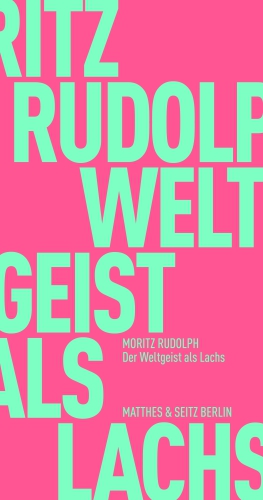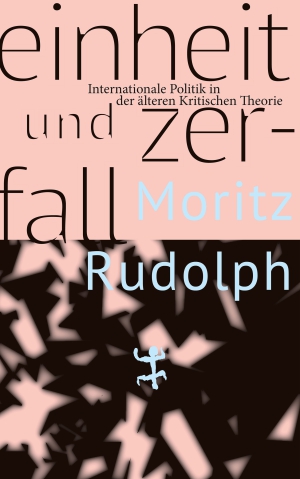In his highly original and provocative essay in the philosophy of history, Moritz Rudolph explains our present-future history in a whole new way by targeting it through the lens of dialectics. "Fearlessly and breakneckly speculative“, he illuminates Fukuyama‘s "end of history“, unhinges it with Horkheimer, and puts it into perspective and turns it upside down with the help of a new interpretation of kenosis. Is it possible that the world spirit, with a brief stopover in Silicon Valley only comes to itself in China in order to suddenly appear to us as artificial intelligence? He would thus teach Hegel himself to be afraid: if history is that which can only be written by humans, then the end of history may be near.
Essay
Moritz Rudolph, born in Gotha in 1989, studied politics, history and philosophy. He lives in Leipzig, is working on his dissertation on international politics in older critical theory, and writes for Merkur and Agave magazine, among others.
By the same author(s)
"The philosopher of history does not report from the future, but shows the present world-historical traces that it carries within itself without noticing it." - Oliver Weber, ZEIT








